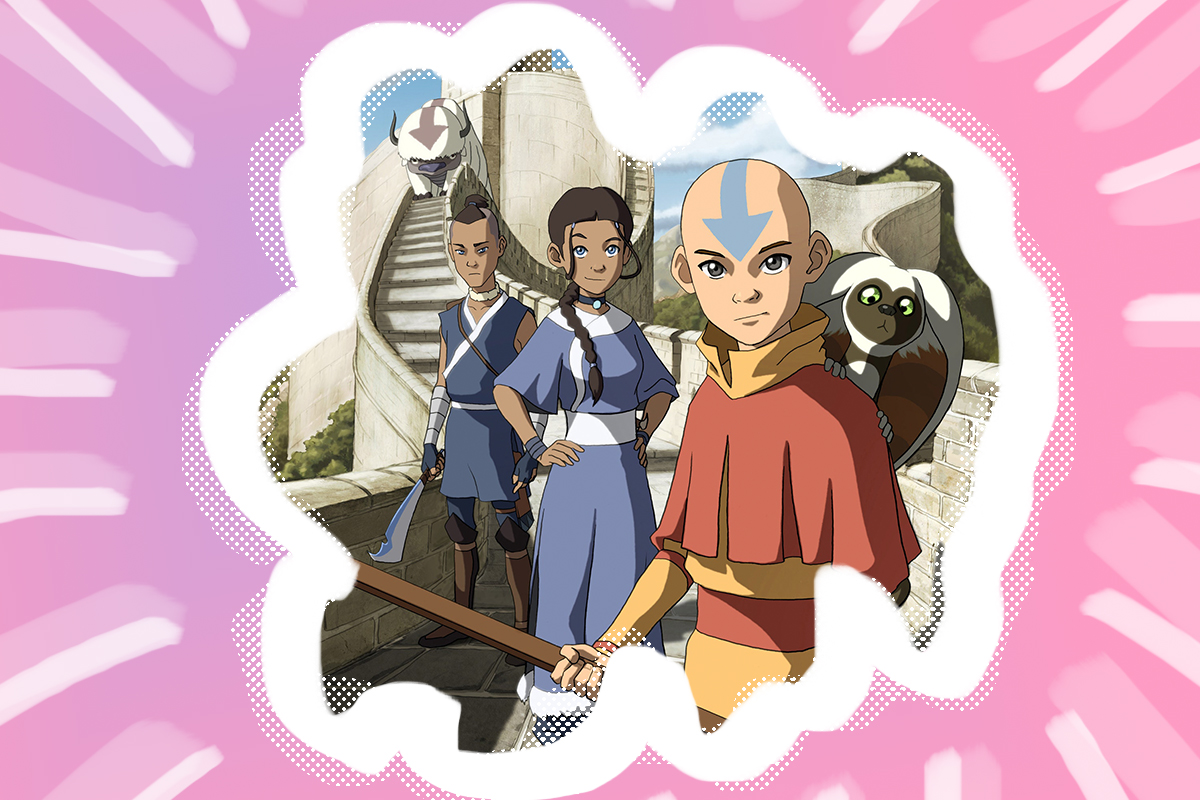When I learned that Avatar: The Last Airbender was coming to Netflix last May, I was absolutely thrilled. Avatar: The Last Airbender (ATLA) was more than just a cartoon show for my childhood self. It taught me that disabled people like Toph can be strong, about the importance of having hope, and how genocide throws the world off-balance. Its return to Netflix on my college graduation day made the milestone even better — I was in desperate need of some hope.
To kick-off my graduation festivities, I turned on ATLA and chose to start with an episode that featured a lot of angst from Zuko (typical) and comic relief from his uncle Iroh (the episode was “Winter Solstice, Part 1: The Spirit World,” to be exact). Over the next few weeks, I was reminded of why I loved ATLA so much growing up and found a new appreciation for how the show tackled the Fire Nation’s destruction of the other nations.
As a kid, one of my favorite characters was Toph, a blind earthbender whose disability was not a burden but an asset. A few years before ATLA first aired in 2005, I was diagnosed with having mild to moderate hearing loss. I hated what I viewed as an impairment at the time, mostly because other kids called me “odd” or “weird” when they saw my hearing aids. Toph was the first disabled character I saw on television who was not portrayed as weak, and I love that as much now as I did when I was younger.
I truly love ATLA so much. But, upon rewatching the show as an adult, I was reminded of something: I really hate the ending. So much so that my 10-year-old self remembered the ending of the show incorrectly because I wanted two characters to get together but, alas, they did not. I also did not get the flying bison I hoped for, and my family later overruled my desire to name our dog after Aang’s flying bison, Appa.
When I rewatched ATLA for the first time sometime in my tween years, I was miffed that my recollection of the end of the show was incorrect. But this time, I took to the internet and found out that I was far from the only person who envisioned the show ending differently. One night in seventh grade, I was introduced to the world of fanfiction.
In fanfiction, there are no limits of what characters can be, even if they act OOC (out of character), or if the stories are not canon, which means the plot does not line up with the original plot. When I read fanfiction for the first time in seventh grade, I was happy to find an ending that lined up more with my imagination. But, as a recent college graduate reading ATLA fanfiction again, having an imagination feels more important than when I was little. Because now, I can imagine futures that are much better than the current reality.
Sure, the world that ATLA depicts is very different than ours, but there are clear parallels. Even though the coronavirus outbreak has not lasted as long as the hundred-year war in ATLA, it does feel like a never-ending situation. Just like I use my imagination to accept alternative ATLA storylines, I am trying to find the inspiration to conjure up a world free of oppression and hardship. I’m also taking steps towards making this imagined world a reality; for example, this past summer, I volunteered for the U.S. Senator Ed Markey’s re-election campaign, because I believe that he is a politician who will continue to stand up for people’s rights and the environment.
Of course, reading ATLA fanfiction does not cause an actual change in the world, but it does help me envision what could be. And, fanfiction can eventually become canon. Take Avatar: The Last Airbender’s sequel, Korra, where the Korra and Asami fanfiction ship actually got together (their relationship is confirmed in the comics that followed the television series).
I want to find some light in my life right now, and I’m finding that in ATLA and its fanfiction. Uncle Iroh — in the original series, not in fanfiction — probably captures the importance of finding something to keep your head up now best: “If you look for the light, you can often find it. But if you look for the dark that is all you will ever see.”
How I Keep Calm is our series featuring different ways people manage anxiety. If you have a pitch for this column, please e-mail submissions@heyalma.com with “How I Keep Calm” in the subject line.




